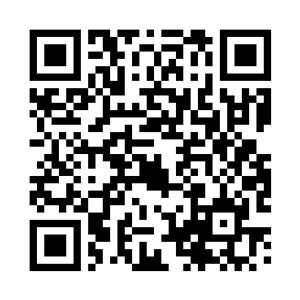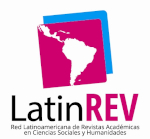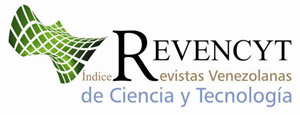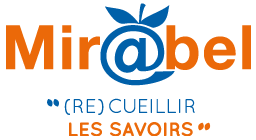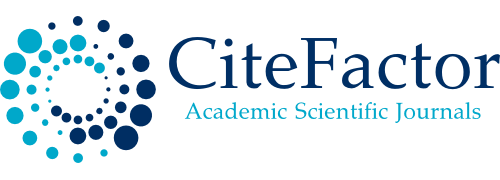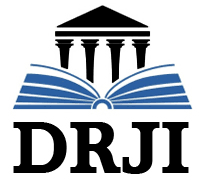Co-emergence and enactive knowledge in traditional chinese medicine
Modern scientific perspectives
Keywords:
traditional chinese medicine, enactive knowledge, comprehensive health, energy balance, holistic practicesAbstract
This essay had the objective of reflecting on co-emergence and enactive knowledge in traditional Chinese medicine as a comprehensive therapeutic paradigm. The core idea in the development of this product focused on the fact that health knowledge must be understood as an emergent process, the result of the constant interaction between the therapist, the patient and their environment, which allows us to assimilate that the therapeutic process becomes a space for co-creation of human well-being. In this sense, theoretical aspects such as traditional Chinese medicine (TCM) were discussed: philosophical and therapeutic foundations, co-emergence of enactive knowledge and traditional Chinese medicine and the implications of TCM in comprehensive health and prevention, following the journey from a documentary investigation. One of the conclusions highlights the fact that this type of alternative medicine promotes a preventive approach that prioritizes the restoration of energy balance and holistic well-being, integrating practices such as acupuncture and phytotherapy, which allows detecting and addressing imbalances before they become pathologies. The future vision of this scientific production is projected in the requirements of integrating TCM and enactive knowledge in contemporary medical practice. In this way, a holistic approach must be promoted that promotes comprehensive health, disease prevention and patient empowerment in their healing process.
Downloads
References
Aung, S. K., Fay, H., & Hobbs, R. F. III. (2013). Traditional Chinese medicine as a basis for treating psychiatric disorders: A review of theory with illustrative cases. Medical Acupuncture, 25(6), 398-406. https://doi.org/10.1089/acu.2013.1007
Cena, H., & Calder, P. C. (2020). Defining a healthy diet: Evidence for the role of contemporary dietary patterns in health and disease. Nutrients, 12(2), 334. https://doi.org/10.3390/nu12020334
Chung, S., Cha, S., Lee, S. Y., Park, J. H., & Lee, S. (2017). The five elements of the cell. Integrative Medicine Research, 6(4), 452-456. https://doi.org/10.1016/j.imr.2017.10.002
Jahnke, R., Larkey, L., Rogers, C., Etnier, J., & Lin, F. (2010). A comprehensive review of health benefits of qigong and tai chi. American Journal of Health Promotion, 24(6), e1–e25. https://doi.org/10.4278/ajhp.081013-LIT-248
Marshall, A. C. (2020). Traditional chinese medicine and clinical pharmacology. Drug Discovery and Evaluation: Methods in Clinical Pharmacology, 455-482. https://doi.org/10.1007/978-3-319-68864-0_60
Organización Mundial de la Salud. (2019). Clasificación Internacional de Enfermedades para estadísticas de mortalidad y morbilidad: Undécima revisión. Guía de referencia. (versión 14 de noviembre). Organización Mundial de la Salud.
Roncancio, J. D. (2022). Enactivismo y pedagogía: una postura metodológica de la corporalidad en la educación. Trabajo de grado no publicado. Universidad El Bosque, Bogotá.
Shin, H. R., & Zoncu, R. (2020). The lysosome at the intersection of cellular growth and destruction. Developmental Cell, 54(2), 226-238. https://doi.org/10.1016/j.devcel.2020.06.010
Zhang, H. I. (2020). A possible representation of Yin Yang five elements (Yin Yang Wu Xing): Hypothesis of dual five-body-coordination. Integrative Medicine Research, 9(4), 100-462. https://doi.org/10.1016/j.imr.2020.100462
Published
How to Cite
Issue
Section
License
Copyright (c) 2025 Elpidio Garrigó Viloria, Kelly Sabrina Pacheco

This work is licensed under a Creative Commons Attribution-NonCommercial-ShareAlike 4.0 International License.





